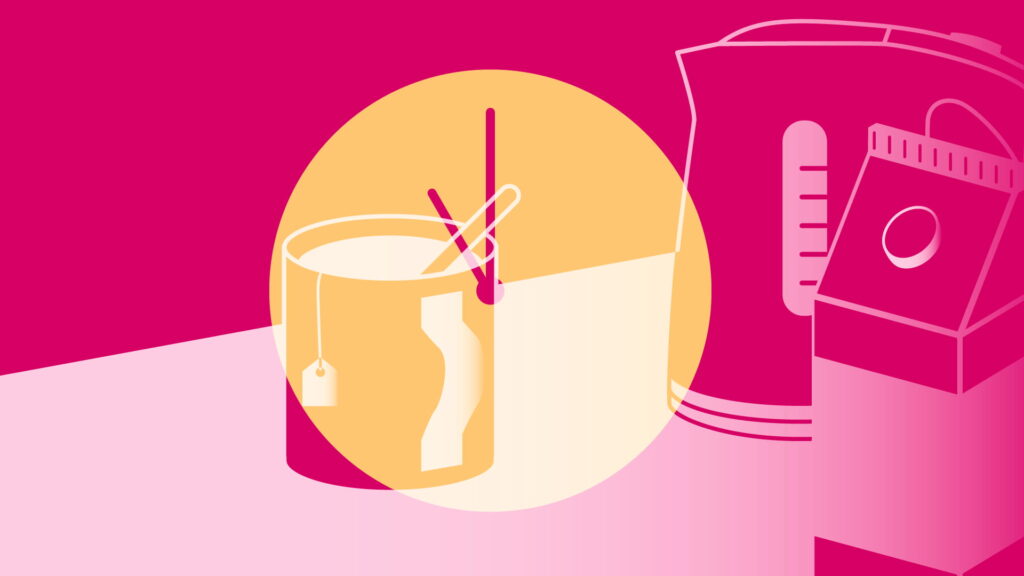The importance of taking regular breaks at work

It’s easy to get stuck working for hours on end without giving yourself a break, especially when you feel you are too busy, and this can lead to burnout. Integrating regular breaks into your working day is crucial to allow your mind time to rest.
Research shows that taking regular breaks improves productivity, reduces stress levels, enhances creativity, and improves our physical health. A short break allows you to pause and rest so you can resume tasks with new energy.
Harvard Business Review noted: “A longer break does not necessarily equate to a better break. Disengaging from work only for a few minutes but on a regular basis (micro-breaks) can be sufficient for preventing exhaustion and boosting performance.
“Further, timing of the break matters — shorter breaks are more effective in the morning, while longer breaks are more beneficial in the late afternoon. This is because fatigue worsens over the workday, and we need more break time in the afternoon to recharge.”
Challenge yourself to take micro-breaks during the day
- Schedule breaks – Add short breaks to your calendar at the start of the day to ensure you take time to rest between tasks and meetings.
- Monitor your energy levels – When you notice yourself feeling tired or losing concentration, it’s likely time for a quick break to recharge.
- Plan break times with colleagues – If you’re working on campus, plan a rest break with another colleague so you can help each other to stick to this.
- Set an alarm on your phone – Alarms can prompt you during the day if you struggle to stick to break times.
- Pay attention to the benefits you experience after taking a break – This will motivate you to take breaks in the future.
Try the Pomodoro Technique
The Pomodoro Technique is useful if you get distracted while working and want to use breaks to be more productive. The technique ensures that periods of working are productive and short breaks offer moments of relaxation, promoting a healthier balance between work and rest.
- Identify a task that you need to complete
- Set a timer for 25 minutes
- Work on the task until the alarm sounds
- Take a five-minute break
- Repeat the process and then every four Pomodoros, take a longer break
Ideas for a quick but effective break
- Take a brisk walk – A brisk daily walk can give your body a boost and lift your mood.
- Get outdoors – Being outside in natural light and enjoying the quiet calm of nature can help you feel more relaxed.
- Focus on your breathing – Try a short breathing exercise to relieve stress and relax your body.
- Do something creative – If you have a creative hobby that you enjoy, this is a great way to relax your mind.
- Stretch – BBC noted: “Microbreaks are thought to help us to cope with long periods at our desks by taking the strain off certain body structures – such as the neck – that we’re using all day.”
- Make yourself a drink or snack – BBC Good Food has compiled a list of delicious energy-boosting snack recipes.
- Interact with a pet – Interacting with animals can help to relieve symptoms of stress and anxiety and bring us joy.
The best way to integrate regular breaking into your working day is to find a schedule that suits you. Experiment with taking breaks of varying lengths at different times of day until you learn what works best for you.
Health and Wellbeing
Wellbeing means being in a positive physical, social and mental state. Wellbeing is important to us as happy, healthy people who achieve harmony in their work / life mix are more creative, productive and help to create a great place to work.